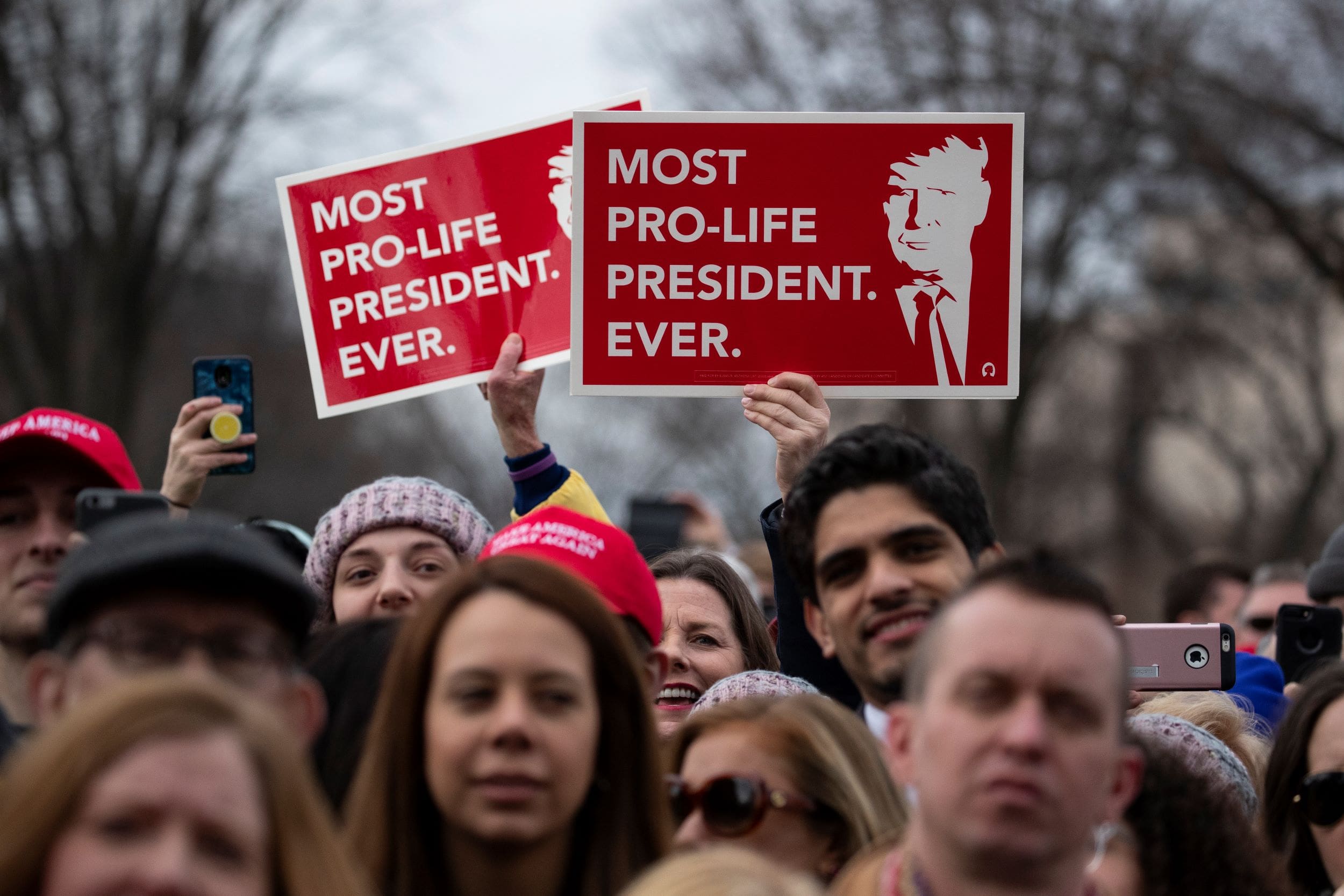House Republicans may cause another government shutdown in 12 days
Weeks of internal chaos in the House Republican caucus have left little time for an agreement to keep the federal government running.

Just weeks after narrowly avoiding a costly partial shutdown of the federal government, House Republicans are again running out of time to keep the government functioning. The new House speaker, Rep. Mike Johnson (R-LA), reportedly is considering a partisan stopgap bill that has little chance of making it through the Democratic-led Senate.
Without congressional action, funding for the federal government will expire on Nov. 17.
Though Johnson previously indicated that he’d back legislation to avert a shutdown until at least 2024, his caucus is now reportedly considering again holding government funding hostage to right-wing priorities.
Rather than passing one combined omnibus spending package, House Republican leaders said upon retaking the majority in early 2023 that they would pass a dozen appropriations bills to fund the government for fiscal year 2024.
But plagued by internal party infighting and disarray, they were unable to send most of those required spending bills to the Senate by the Sept. 31 deadline. Hours before funding was set to expire for the entire government, Congress agreed on a bipartisan six-week stopgap, known as a continuing resolution, on Sept. 30.
Angered over this and other votes, a group of eight right-wing Republicans forced Republican California Rep. Kevin McCarthy out of the speakership and created weeks of chaos as the GOP majority fought over who should replace him. This further delayed the appropriations process.
In that time, Senate Democrats have collaborated with the Republican minority on bipartisan appropriations legislation. But House Republicans have pushed partisan proposals containing steep cuts to nonmilitary programs and promoting right-wing social policies aimed at banning diversity, restricting reproductive rights, undermining gun safety, and raising consumer costs for clean energy. Not a single FY 2024 appropriations bill has made it to President Joe Biden’s desk.
“The only way to get things done in divided government is bipartisanship,” Senate Majority Leader Chuck Schumer (D-NY) said in a Nov. 1 floor speech. “The House is going through a futile exercise of passing partisan appropriations bills that have no input or support from Democrats. They’re going nowhere. On the other hand, the Senate has bipartisan bills and that is the real difference here. Sooner or later the House and the new speaker will learn the lesson, if you don’t do it bipartisan, it ain’t getting done.”
The new speaker initially suggested in a letter to colleagues that House Republicans would pass another stopgap “that expires on January 15 or April 15 (based on what can obtain Conference consensus),” but Johnson is now pushing what he calls a “laddered CR” with 12 separate expiration dates for different government agencies’ budgets.
This would mean more last-minute deadlines or partial government shutdowns between now and the 2024 elections. “I think we can get consensus around it,” Johnson said at a Nov. 2 press conference. “We have to complete the job and we run out the clock on this, but we want to do what’s right for the American people.”
The website Punchbowl News reported on Monday that House Republicans are also considering trying to include significant spending cuts, anti-immigration legislation, and taxpayer funds to restart former President Donald Trump’s failed border wall project in any agreement. Such a bill would likely not pass in the Senate.
While essential functions of government, such as the operations of the military and air traffic control, would continue during a partial shutdown, public employees would go unpaid, and other vital programs would grind to a halt. This could mean no FDA food safety inspections, no processing of new Social Security claims, and far fewer services for veterans.
In recent years, government shutdowns have caused billions of dollars in damage to the economy, sharply reducing the nation’s gross domestic product.
Some House Republicans have openly cheered for that to happen.
“We should not fear a government shutdown. Most of what we do up here is bad anyway. Most of what we do up here hurts the American people,” Virginia Rep. Bob Good said in July.




